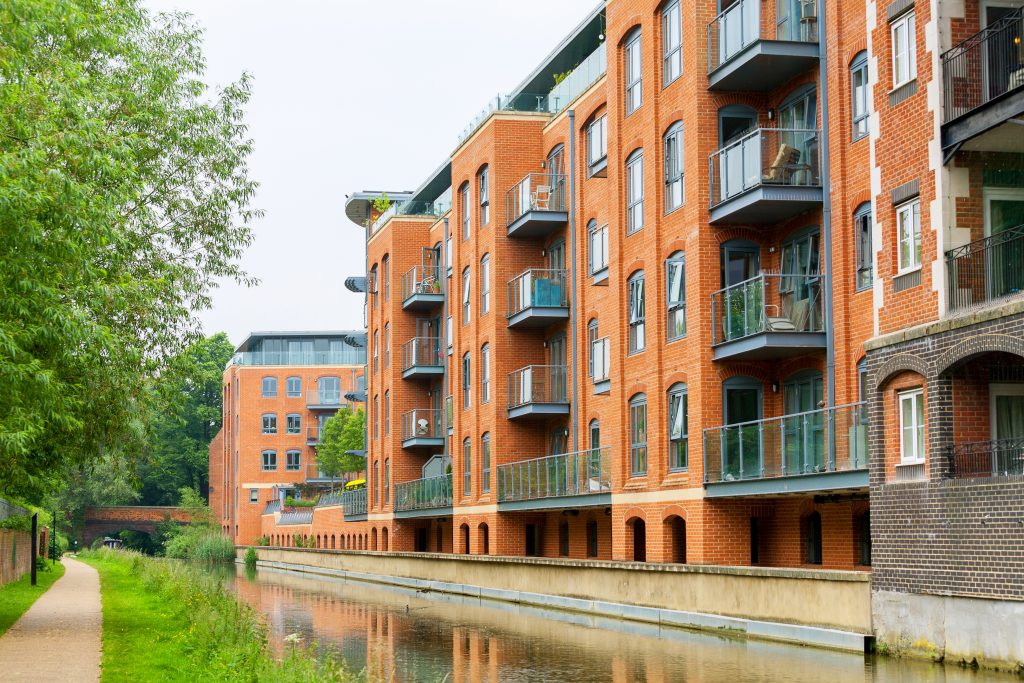Block property management is the process of managing specific residential properties – primarily flats – that are built in blocks. In England & Wales one of four parties will be responsible for the management function:-
a) Landlord or Freehold
b) Residents Management Company
c) Right to Manage Company
d) Named Manager in the lease
Block management includes organising any required maintenance and repairs on the properties, plus collecting payments for service charge.
What is included in block property management?
The specifics of property management vary depending on the individual properties or developments, but will typically include:
- Internal cleaning of communal spaces
- External cleaning
- Gardening and landscaping
- Tree care
- Emergency repair works such as plumbing and electricians
- Facilities management such as fire alarms, door entry, vehicle gates and lifts
- Roof Repairs
- Internal and External Painting and decorating
If you wish us to be responsible for property maintenance, we will liaise with independent maintenance contractors such as cleaners and landscapers to find the best quotation possible for both you and your tenants.
We will conduct regular site inspections to ensure that the maintenance of the property is in good repair and that any works which have been carried out are to the required standard.

Block property management law
It’s essential that any block manager is up to date with the latest legislation in relation to leasehold property management, as the consequences of failing to adhere to these legal obligations can be severe.
For example, failing to meet specified health and safety standards could result in legal action and even – in the worst case – a term of imprisonment.
Block property management is governed by a number of different Acts of Parliament, including several regulations that have been introduced over the last 30 years or so:
- Health and safety obligations – the manager of a residential block is responsible for ensuring the health and safety of any leaseholders or visitors.
- Rights of leaseholders – the Commonhold and Leasehold Reform Act 2002, which became law in 2007, granted leaseholders additional rights, including:
- Fire Safety, ensuring risk assessments are carried out and necessary action is taken to remedy any issues.
– The right to manage, whereby leaseholders can assume the responsibility for managing a block
– The right to receive a summary of any rights and obligations alongside any demand for a service charge payment. If this is not issued alongside the payment demand, the tenants are not legally obliged to pay the charge
– The right for notice to be given prior to a demand for payment of ground rent. If this is not given in the correct format, the tenant is not obliged to pay the charge
4. Other legal requirements – alongside an awareness and understanding of residential property law, it is advisable for landlords to have an understanding of prospective legal issues concerning block management, such as leases and rental agreements. While not required by law, landlords are advised to adhere to industry codes of practice where possible, in the interest of themselves and their tenants.
The Leasehold Advisory Service is an impartial source of information regarding block property management for both tenants and landlords alike.
The appointment of a specialist block property management company is the ideal solution to your property management needs, as the duties and responsibilities will sit with the management company, rather than you as an individual landlord. A management company is also a neutral third party, removing any potential communication issues between landlord and tenant.
At Red Brick Management we provide a comprehensive block property management service in London and the surronding areas, which includes property maintenance, the collection of service charge and ground rent payments and legal services if required.
